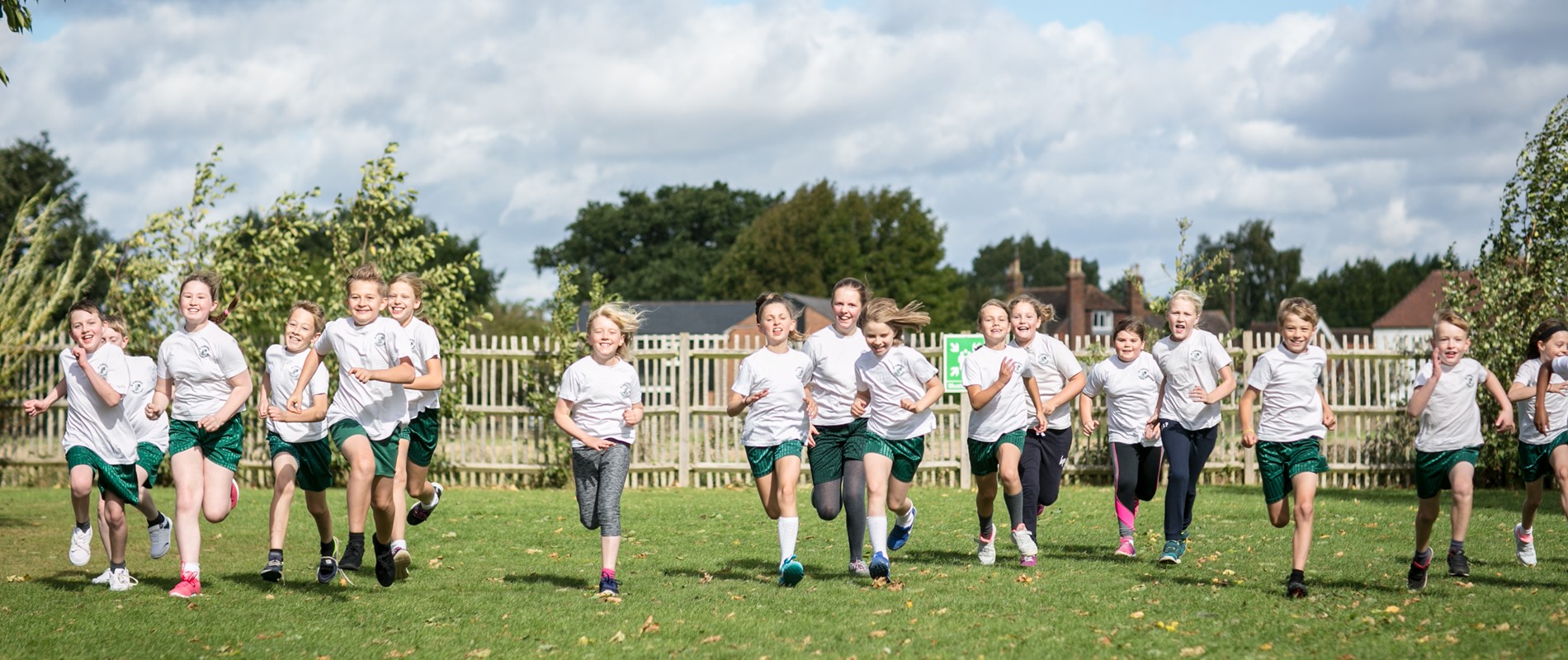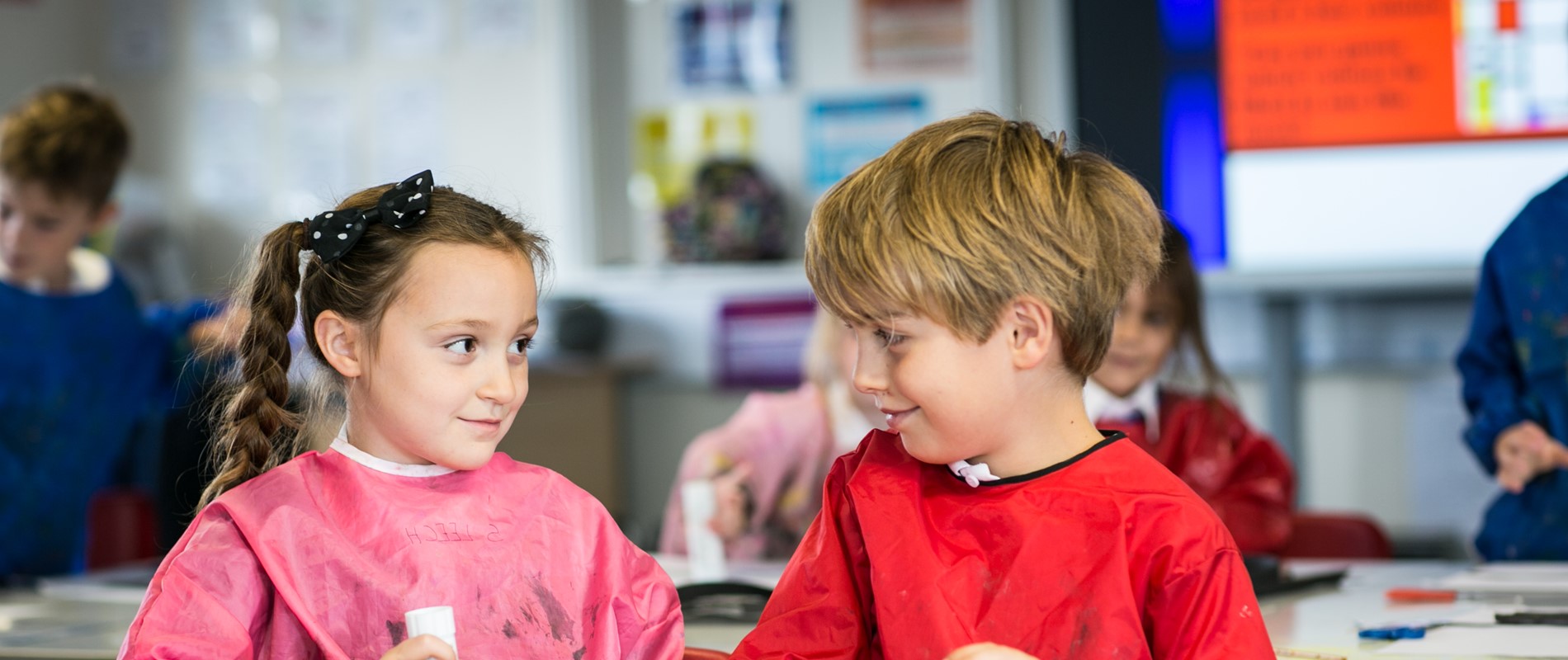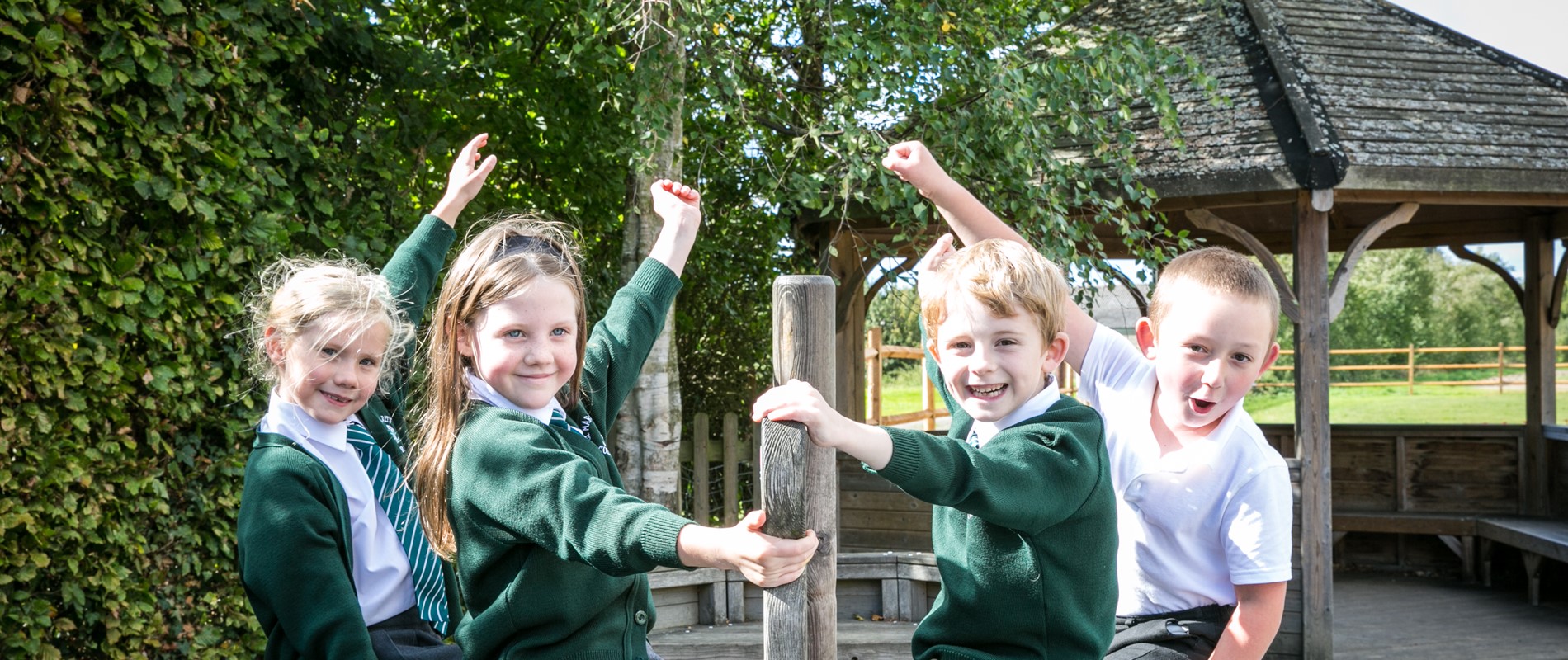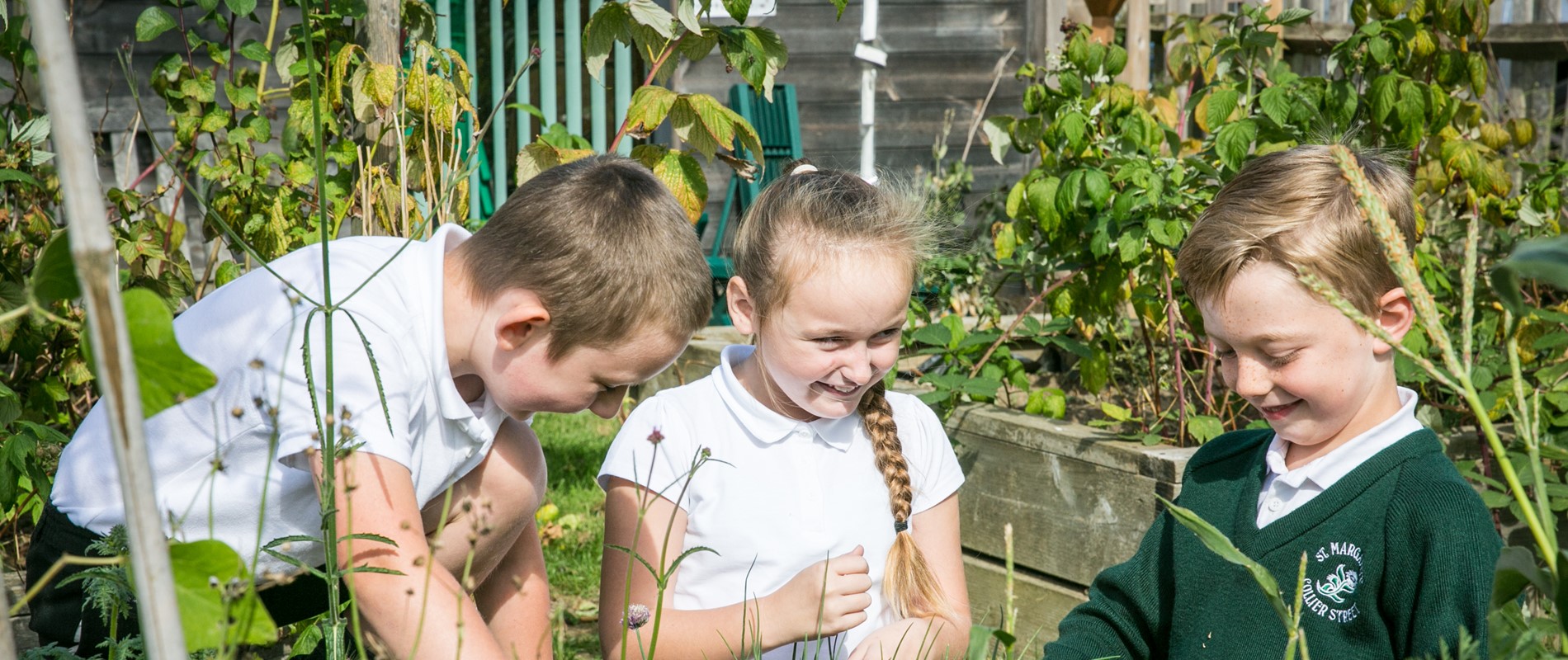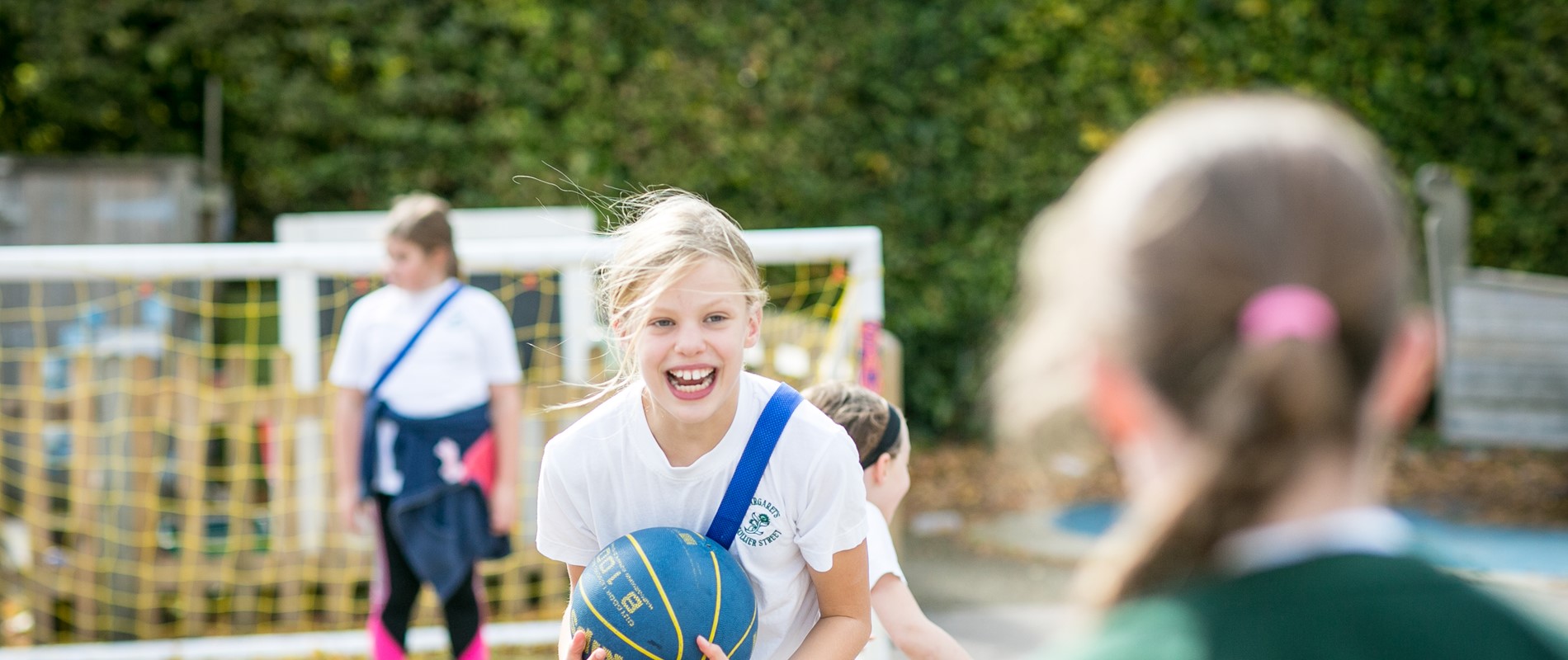British Values
Early Years
The four elements of British Values are intertwined with Development Matters, which is at the heart of our Early Years Curriculum. The children are introduced to the language of British Values, and the adults actively encourage these aspects to be built upon within the setting, in terms of everyday routine and in building positive relationships. The children in Early Years are given many opportunities to celebrate diversity in our multi-faith world, drawing upon knowledge gained from the People and Communities strand of Development Matters. However, the teaching and understanding of British Values extends far beyond this, and the areas would be seen on any visit to the classroom. For example, children are encouraged to suggest their own ideas in terms of their learning, reinforcing Individual Liberty. Ideas are shared and welcomed by all, building up a sense of Mutual Respect and Tolerance, although children are also aware of the need to follow the majority decision at times, introducing the theme of Democracy. The area of Rule of Law is prevalent in our indoor and outdoor environments, where children can be observed to understand suitable class and whole school rules, and have been involved in suggesting boundaries and acceptable behaviour alongside their peers and adults. This child-centred approach to British Values, along with the positive reinforcements of enabling adults, not only within the setting but also that of parents and carers, is fundamental in developing an initial understanding of the four areas, which are further developed as the children progress throughout the school.
Democracy
Key Stage 1
Children make curriculum choices such as the text for guided reading and the class book. Within their subjects, they will often vote as a class to follow a particular thread of learning. The class ethos is based on tolerance and working together democratically. Children are encouraged to choose different working partners and to show mutual respect for others in their work and play.
Lower Key Stage 2
Children make democratic choices within lessons. They are encouraged to show mutual respect for each other’s work and to practice democratic values. They often participate in group and team work, and are encouraged to work together, respecting individual styles of learning and listening to all views and practising tolerance by choosing different working partners. They are encouraged to express their own views, especially in PSHE.
Children can propose themselves for school council and will have first-hand experience of voting in a secret ballot. They experience the responsibility that is given to an elected representative. They take on the responsibility of providing feedback from council meetings.
Children produce their own class rules. They undertake class jobs and responsibilities.
Upper Key Stage 2
Children produce their own class rules. They vote on school rules and debate current issues in class. There is curriculum coverage of the democratic process including guest visits from the local judiciary and class trips eg the Houses of Parliament. Classes follow local and national elections and will follow European elections in the next few years.
Children make democratic choices within lessons. They participate in group/team work and are encouraged to work together democratically, listening to - and respecting - all views. The idea of a fair society and mutual respect is promoted within the way children are expected to behave in class and in the playground.
Class jobs and responsibilities are undertaken, including responsible jobs around the school such as unlocking school gates. School council elected representatives take their role seriously and provide interactive feedback to their own class. The children take a leading role in school council and in ensuring that decisions made by the council are carried out throughout the school – such as monitoring school facilities.
Children’s ideas are respected and promoted in all aspects of school life and the curriculum. They are encouraged to speak and are helped to express their views articulately.
The school ensures that a broad knowledge of public institutions is covered and that children develop a respect for these bodies. Visits from services such as the Fire Brigade, nurses, the Vicar, a local magistrate and the PCSO, make sure that these institutions are presented with authenticity.
Rule of Law
Key Stage 1
Good learning behaviour is taught and reinforced. Good ‘sitting and listening’ is expected, as well as rules followed for participation as a class (hands up, no hands policy, one person talking at one time etc). Children can be rewarded for good behaviour with praise and merit points (merit badges awarded at a whole-school assembly). Effective feedback is given so that the children understand clearly the good behaviour they are being rewarded for. There are also clear sanctions for behaviour which does not meet the expected standard. Children may lose break time or be sent to see another teacher.
Behaviour rules are reinforced by the school’s Golden Rule – we do not hurt anyone with our hands, feet or words... These are regularly discussed and will be enforced if any incidents occur.
Lower Key Stage 2
PSHE lessons cover the aspects of what is morally right or wrong behaviour. The RE syllabus covers The 10 Commandments. Children often write their own ‘Rules for Living’ following these lessons. Rules and Laws which protect the environment are promoted (looking after the school environment and our own things).
School rules are discussed at the start of the academic year and expectations regarding behaviour are explained. Following this, children write classroom rules.
Good behaviour is rewarded with table points, raffle tickets and merit points. Sanctions for poor behaviour include losing break time and an interview with the Headteacher. Children are given the opportunity to say sorry and to make amends for poor behaviour.
Class reading material is chosen to promote adherence to rules of law. Aspects of societal law are covered in topics such as the Victorians, Mayas and Romans where the children look at how laws have changed.
Playground rules and rotas are agreed by the School Council.
Upper Key Stage 2
Classroom rules are agreed and set by the children (PSHE). PSHE also covers how laws are made at local, national and European levels.
Rewards for good behaviour include table points and individual merit points with a hierarchy of coloured badges awarded.
Class discussions involve a consideration of fairness. Playground rules are agreed by the School Council.
RE and PSHE promote an awareness of legal responsibility and accountability.
The computing curriculum covers individual responsibility for use of the internet.
‘Bikeability’ week for Year 5 covers the law for road-users.
A magistrate visits Year 5/6 to help children understand how law works.
Individual Liberty
Key Stage 1
Individual liberty is promoted by our school rules and values.
Children have access to resources and outside learning. They are encouraged to express themselves in an environment where there is no fear of ‘getting it wrong’. Children’s individual learning styles are respected and their points of view are expressed through such techniques as ‘talk triangles’.
Some lessons are planned so that children direct their own learning (such as investigations).
Peer mediation by KS2 children ensures that all children have a voice with regards to playground or friendship disputes.
Lower Key Stage 2
Teaching styles promote individuality. Children are encouraged to develop resilience and their own independent learning styles. They may sometimes choose to record work in their own way.
Children are praised for all achievements. An individual’s strengths and talents are celebrated. Children are encouraged to share outside achievements such as sports events and musical talents. They are encouraged to value themselves and others.
We hold an annual ‘anti-bullying week’ during which children are taught to recognise bullying and learn what to do if they are exposed to it.
‘Worry boxes’ are present in all classrooms so that all children, including shy or reluctant speakers have an alternative method of voicing their concerns.
Upper Key Stage 2
Within a safe environment and a planned curriculum, teaching styles often involve open-ended tasks and recording methods. Many homework tasks promote individual responses to a research topic or a problem.
Children discuss issues about E-safety and the potential threat this poses to individual liberty.
Worry boxes are provided for shy or reluctant speakers.
Freedom of speech is encouraged throughout the school.
Year 6 children in particular are supported to develop self-knowledge and confidence. They are provided with opportunities such as a public speaking competition and a residential course away from home.
Mutual Respect and Tolerance
Key Stage 1
The RE syllabus covers aspects of different faiths and beliefs, such as Hinduism. Children are taught to understand, appreciate and compare stories, celebrations and customs from world faiths.
In whole-school worship we discuss respect and tolerance as taught in the Bible. Children are asked to think What would Jesus do?
In PSHE and Circle Time, children are encouraged to value themselves and to note that they are all different and valued. The issues of respect and tolerance are addressed.
Classes hold discussions about friendship groups and how we can look after one another.
The school has a clear focus on good manners which is based on respect and caring for others.
Lower Key Stage 2
In RE, children learn about Christianity and different faiths.
Parents of different faiths are invited to share their customs, ideas and beliefs.
Visits to religious buildings are organised.
Any rude, racist or disrespectful comments are immediately challenged.
Cultural days such as Spanish Day and Thanksgiving Day are organised so that children can experience different cultures. A variety of foods from around the world is prepared and experienced by all children throughout the school year.
Upper Key Stage 2
UKS2 children also regularly prepare and experience foods from around the world.
RE lessons promote tolerance and understanding of other faiths. The school fosters a ‘Leading Lights’ group. As part of their role they shared their visit to Tunbridge Wells Mosque during a whole-school act of worship.
Different customs of children within school (eg. Celebration of Spring as practised in Bulgaria) is welcomed.
